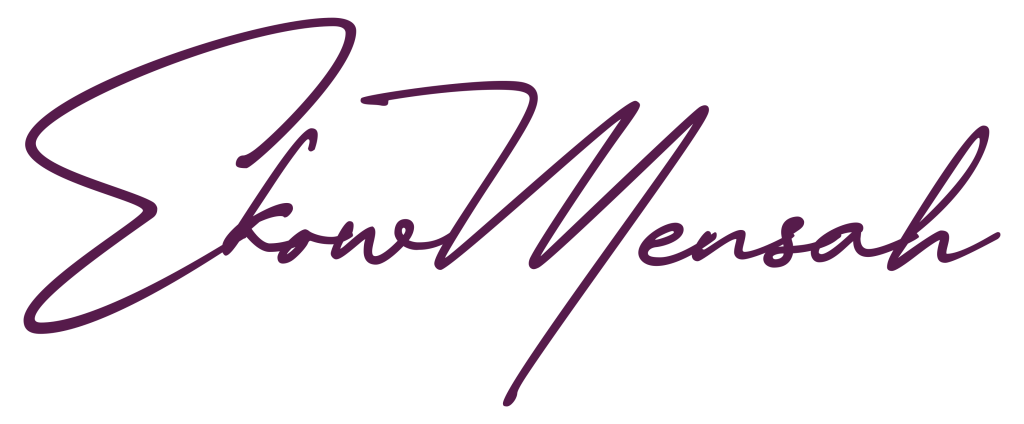
DEVELOPING A BUSINESS PLAN – DAY 16 – 41 BIG DREAMERS PROGRAM
May 16, 2023
EFFECTIVE SALES & MARKETING STRATEGIES FOR BUSINESS SUCCESS – DAY 18 – 41 BIG DREAMERS PROGRAM
May 18, 2023Building a team is a crucial aspect of any successful venture, whether it is a business, a project, or a social initiative. A team is a group of individuals who come together to achieve a common goal. The success of the team depends on how well the members work together, complement each other’s strengths and weaknesses, and communicate effectively. In this article, we will discuss the key steps in building an effective team.
- Define your goals and objectives: The first step in building a team is to define your goals and objectives. This will help you determine the skills and expertise you need in your team members. You should also identify the key performance indicators (KPIs) that you will use to measure the success of your team.
- Identify the roles and responsibilities: Once you have defined your goals and objectives, you should identify the roles and responsibilities of each team member. This will ensure that everyone knows what they are expected to do, and there is no confusion or duplication of efforts. You should also consider the strengths and weaknesses of each team member when assigning roles and responsibilities.
- Recruit the right people: The success of your team depends on the quality of your team members. You should look for individuals who have the necessary skills, experience, and passion to achieve your goals. You should also ensure that the team members share your values and vision.
- Build a culture of trust and respect: A successful team is built on a foundation of trust and respect. You should create a culture that encourages open communication, constructive feedback, and collaboration. This will help the team members feel valued and appreciated, and they will be more committed to achieving the team’s goals.
- Provide the necessary resources: To achieve your goals, your team members need the necessary resources, such as equipment, tools, and training. You should ensure that your team members have access to these resources, and you should also provide them with the support and guidance they need to perform their roles effectively.
- Set clear expectations: You should set clear expectations for your team members, including the quality of work, deadlines, and KPIs. This will help the team members stay focused and motivated, and it will also enable you to track their progress and provide feedback.
- Celebrate success: Finally, you should celebrate the success of your team. This will help to build morale, and it will also show your team members that their hard work and dedication are valued. You can celebrate success by recognizing individual achievements, holding team events, and sharing success stories with your stakeholders.
Guidelines to building an effective team
Here are some specific guidelines for each step in building an effective team:
- Define your goals and objectives:
- Clarify your mission, vision, and core values.
- Identify your SMART goals: Specific, Measurable, Achievable, Relevant, and Time-bound.
- Determine the scope of your project or initiative and outline the milestones you need to achieve.
- Identify the roles and responsibilities:
- Create a list of the skills and expertise required for your project or initiative.
- Determine the number of team members you need and the roles they will fill.
- Develop job descriptions for each role that detail the responsibilities, expectations, and qualifications.
- Recruit the right people:
- Post job openings on relevant job boards, social media platforms, and your company’s website.
- Screen resumes and cover letters to identify candidates who meet your qualifications and share your values.
- Conduct interviews to assess the candidates’ skills, experience, and cultural fit.
- Build a culture of trust and respect:
- Communicate your mission, vision, and values to your team members.
- Establish clear communication channels and encourage open and honest feedback.
- Create a safe and inclusive environment that respects diversity and fosters collaboration.
- Provide the necessary resources:
- Identify the equipment, tools, and training your team members need to perform their roles.
- Provide access to the necessary resources and support your team members in using them effectively.
- Invest in continuous learning and development opportunities to help your team members improve their skills and knowledge.
- Set clear expectations:
- Develop a clear project plan with detailed milestones and deadlines.
- Communicate your expectations to your team members and hold them accountable for meeting them.
- Provide regular feedback and coaching to help your team members stay on track and improve their performance.
- Celebrate success:
- Acknowledge individual and team achievements through verbal recognition, awards, or bonuses.
- Host team-building events and social gatherings to celebrate your team’s successes.
- Share your success stories with your stakeholders, customers, or the public to showcase your team’s achievements and build your brand reputation.
By following these guidelines, you can build an effective team that is aligned with your goals and values, motivated to perform at their best, and committed to achieving success.
Challenges and Suggested Solutions to Challenges of Building an Effective Team
Building an effective team can be challenging, and there are several common obstacles that teams may face. Here are some of the most common challenges and solutions for building an effective team:
Challenge 1: Lack of clarity or direction. A team without clear goals, objectives, or expectations can become disorganized, unfocused, and unmotivated.
Solution: Define clear goals, objectives, and expectations for the team. Create a project plan with detailed milestones and deadlines, communicate them effectively to the team, and hold them accountable for meeting them. Encourage open communication, feedback, and collaboration to ensure that everyone is aligned with the team’s objectives.
Challenge 2: Poor communication or collaboration. A team that lacks effective communication or collaboration can result in misunderstandings, conflicts, and low morale.
Solution: Establish clear communication channels, including regular team meetings, virtual chats, and shared project management tools. Encourage team members to share their opinions and ideas openly and honestly, and ensure that everyone has equal opportunities to contribute. Foster a culture of trust and respect, where everyone feels valued, heard, and appreciated.
Challenge 3: Insufficient resources or support. A team that lacks the necessary resources or support to perform their roles effectively can become frustrated, demotivated, and burnt out.
Solution: Provide the necessary resources, equipment, tools, and training to help the team members perform their roles effectively. Invest in continuous learning and development opportunities to help them improve their skills and knowledge. Offer support and guidance when needed, and ensure that team members have access to mentors, coaches, or experts who can help them overcome challenges.
Challenge 4: Personality conflicts or cultural differences. A team that includes individuals with different personalities, work styles, or cultural backgrounds can result in conflicts, misunderstandings, and low team morale.
Solution: Foster a culture of inclusivity, where everyone feels respected, valued, and accepted for who they are. Encourage team members to appreciate and leverage their differences and learn from each other’s strengths and weaknesses. Establish ground rules for resolving conflicts, and provide a safe and supportive environment for team members to share their concerns and feedback.
In conclusion, building an effective team requires careful planning, communication, collaboration, and support. By addressing these common challenges with practical solutions, you can create a high-performing team that is aligned with your goals, motivated to perform at their best, and committed to achieving success.




